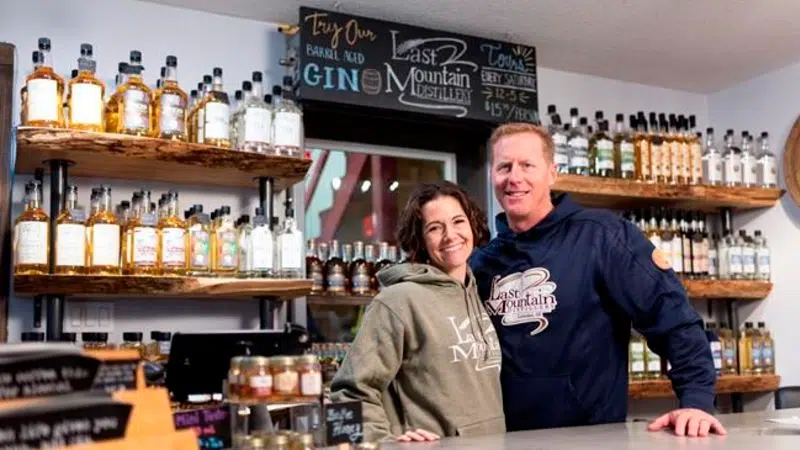
Saskatchewan microdistilleries focus on homegrown recipes for spirits
REGINA — The grains grown in Saskatchewan’s fertile farmland have become the not-so-secret ingredient behind some one-of-a-kind vodka, gin and whisky.
In recent years, microdistilling in the province has boomed. In the last nine years, 15 microdistilleries have opened. They produced nearly 501,000 litres of spirits last year, says the Saskatchewan Liquor and Gaming Authority.
Production so far this year has increased by just over 75 per cent.
Meredith Schmidt, co-founder of Last Mountain Distillery in Lumsden, remembers a time when that wasn’t the case.


